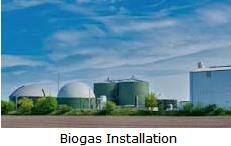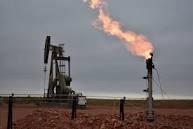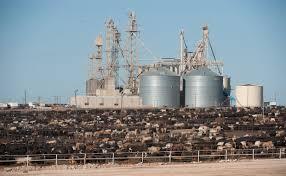 Methane represents twenty percent of all global greenhouse gas emissions. Although relatively short-lived compared to carbon dioxide, methane has almost 100 times the global warming potential compared to carbon dioxide.
Methane represents twenty percent of all global greenhouse gas emissions. Although relatively short-lived compared to carbon dioxide, methane has almost 100 times the global warming potential compared to carbon dioxide.
 Although agriculture is blamed for methane emissions, the petrochemical industry is the largest emitter of methane and possibly the easiest to constrain. During the COP27 Climate Conference in Egypt, the President announced higher emissions standards and penalties for methane release by the oil and gas industries. This action is reinforced by similar restrictions to be imposed by fifteen nations.
Although agriculture is blamed for methane emissions, the petrochemical industry is the largest emitter of methane and possibly the easiest to constrain. During the COP27 Climate Conference in Egypt, the President announced higher emissions standards and penalties for methane release by the oil and gas industries. This action is reinforced by similar restrictions to be imposed by fifteen nations.
With regard to intensive livestock industry and the release of methane by CAFOs, biodigesters will be funded by the Inflationary Reduction Act. These installations will be capable of converting livestock waste from dairy and hog operations into biogas that can be used to generate power.
Intensive livestock production has come under extreme pressure from environmental groups and there is now common cause among welfare, vegan and environmental activist organizations. They have obviously generated synergy in their lobbying and public relations efforts to demonize milk, pork, beef and egg  production by creating a sense of guilt over environmental degradation among consumers.
production by creating a sense of guilt over environmental degradation among consumers.
Even if we concede that intensive livestock production has a quantifiable deleterious effect on the environment, opponents cannot provide an alternative to the protein food produced by the intensive livestock industries that is currently required to satisfy nutritional needs.